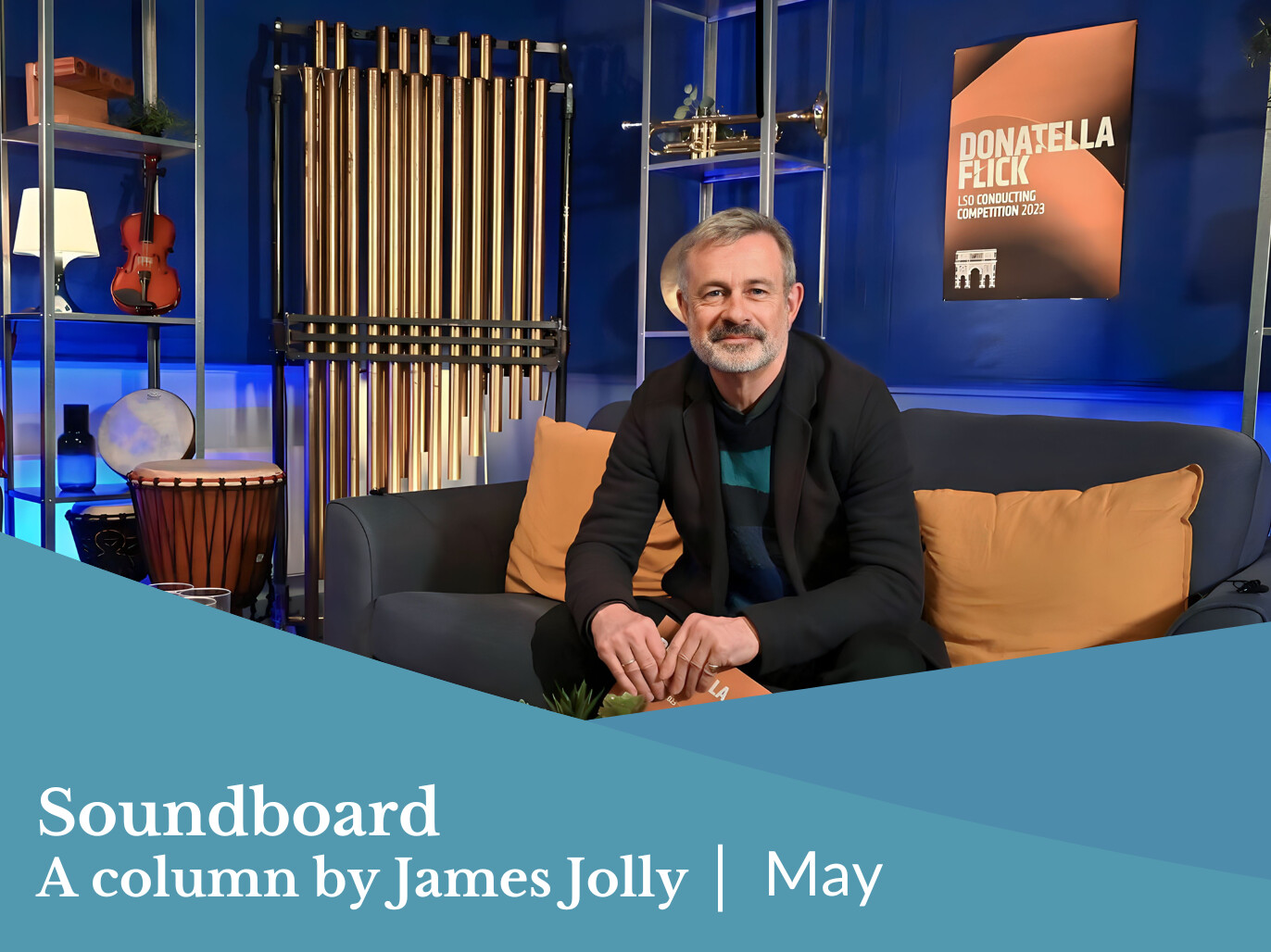With the 2025 Cliburn Competition streamed live on medici.tv, James Jolly reflects on how his once-neutral view of music competitions transformed into passionate engagement—from his first broadcast experience at the Tchaikovsky Competition in 2015 to the unforgettable encounters and discoveries that followed. In this month’s Soundboard, he shares vivid memories, striking performances, and the enduring friendships forged on and off stage.
View author's page
Reading time estimated : 4 min
Up until about ten years ago, my attitude to competitions was fairly neutral: I’d note the winner, maybe skim over the list of runners-up and, if I could, I might try and listen to or watch some of the final round’s performance. Then, in 2015, I was asked by medici.tv to co-host the live stream of the Vocal category of the Tchaikovsky International Competition in St Petersburg. It was my first time in Russia and the city blew me away. But it also opened my eyes (and ears) to the intensity of the process and the intricacy of the various rounds. And now, ten years on, my ears prick up if I see one of the singers, I followed through the various rounds named on a concert or opera programme.
I returned to Russia, this time to Moscow, for the 2019 competition, and had been ‘upgraded’ to the piano, the Big One when it comes to the various categories in this competition, and indeed one of the major piano competitions in its own right. Most days I’d head to the Moscow Conservatory, passing the statue of Tchaikovsky, and take my place with my co-host Irina Tushintseva up on the balcony of the Great Hall, a concert venue that has played host to many of the legendary performers of the last century and the first years of this one. The posters that adorned the lobby walls spoke of astounding music-making: Richter, Gilels, Rostropovich, Oistrakh, Kogan, Kondrashin, Shchedrin, Bashmet, Pletnev, Rozhdestvensky, Neuhaus, Nikolayeva, Svetlanov, Arkhipova and dozens more.
Each day, the audience would arrive as the doors opened and were one of the most fascinating I’ve ever seen. In the mornings, older women would fill the hall and they were extraordinarily discerning. If they liked someone, regardless of nationality, they would make their enthusiasm known. In 2019, they took to the Japanese pianist Mao Fujita (tied Second) and the Frenchman Alexandre Kantorow (First Prize), but always they listened attentively and their instincts were very sound.
The Tchaikovsky Competition, like the Van Cliburn, invariably produces a handful of pianists (usually placed in the top three) that go on to forge great careers (though Lucas Debargue, a firm audience favourite in 2015, was placed only fourth and has become a major figure in the piano world). The year I was there, as well as Kantorow and Fujita, the others to walk away with prizes were Dmitry Shishkin (a personal favourite, who tied with Fujita), Konstantin Emelyanov, Kenneth Broberg and Alexey Melnikov.
It’s amazing, given the extraordinary talent of the musicians involved, how quickly you can spot that special quality that lifts the outstanding above the very good. Kantorow has since proved that he was the right man (no women made it to the last stage) to carry off the prize! The gruelling concerto round, the last time we heard each play, demands two works to be played back to back. When I suggested to the (all-male!) jury’s Chairman Dennis Matsuev that it was quite an ordeal (in Kantorow’s case following the Tchaikovsky Second with the Brahms Second with only a few minutes pause), he shrugged and said that he often played all five Prokofiev concertos in a single concert. (Music or circus?)
In 2019 there was that horrifying incident when mis-communication had the orchestra starting the Rachmaninov Paganini Rhapsody while the pianist, An Tianxu, was expecting to play the Tchaikovsky First Piano Concerto – and the Paganini Rhapsody’s introduction is hardly long! It was a courageous performance that didn’t deserve such a scary start.
Among all the memories of 2019 – and given the Ukraine War that year’s competition was probably the last one to have genuine international credibility – was the extraordinary sense of camaraderie among the contestants. Sure, they were all competing against each other, but they clearly forged some close friendships. Alexander Kantorow told me recently that when he last played in Japan, awaiting him in his dressing room at the concert hall was a large bouquet from … Mao Fujita!
Alexandre Kantorow’s final performance at the International Tchaikovsky Competition.

